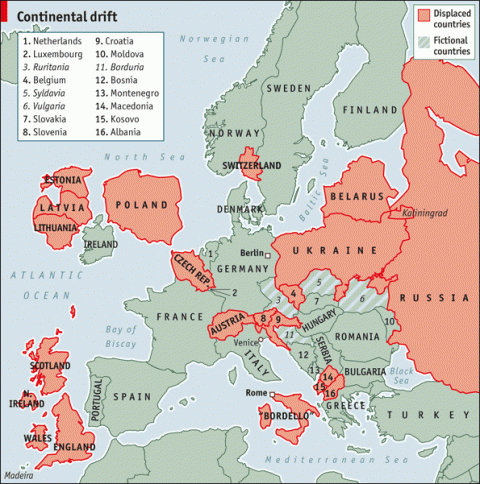Charles Stross thinks he understands why Steve Jobs won’t allow Adobe Flash on to the iPhone and iPad:
Steve Jobs believes he’s gambling Apple’s future — the future of a corporation with a market cap well over US $200Bn — on an all-or-nothing push into a new market. HP have woken up and smelled the forest fire, two or three years late; Microsoft are mired in a tar pit, unable to grasp that the inferno heading towards them is going to burn down the entire ecosystem in which they exist. There is the smell of panic in the air, and here’s why . . .
We have known since the mid-1990s that the internet was the future of computing. With increasing bandwidth, data doesn’t need to be trapped in the hard drives of our desktop computers: data and interaction can follow us out into the world we live in. Modem uptake drove dot-com 1.0; broadband uptake drove dot-com 2.0. Now everyone is anticipating what you might call dot-com 3.0, driven by a combination of 4G mobile telephony (LTE or WiMax, depending on which horse you back) and wifi everywhere. Wifi and 4G protocols will shortly be delivering 50-150mbps to whatever gizmo is in your pocket, over the air. (3G is already good for 6mbps, which is where broadband was around the turn of the millennium. And there are ISPs in Tokyo who are already selling home broadband delivered via WiMax. It’s about as fast as my cable modem connection was in 2005.)
[. . .]
This is why there’s a stench of panic hanging over silicon valley. this is why Apple have turned into paranoid security Nazis, why HP have just ditched Microsoft from a forthcoming major platform and splurged a billion-plus on buying up a near-failure; it’s why everyone is terrified of Google:
The PC revolution is almost coming to an end, and everyone’s trying to work out a strategy for surviving the aftermath.
Read the whole thing. I don’t see any obvious flaw in his line of thought. It may not happen the way he predicts, but it is consistent with what we know, and it should frighten the heck out of Apple’s competitors.




